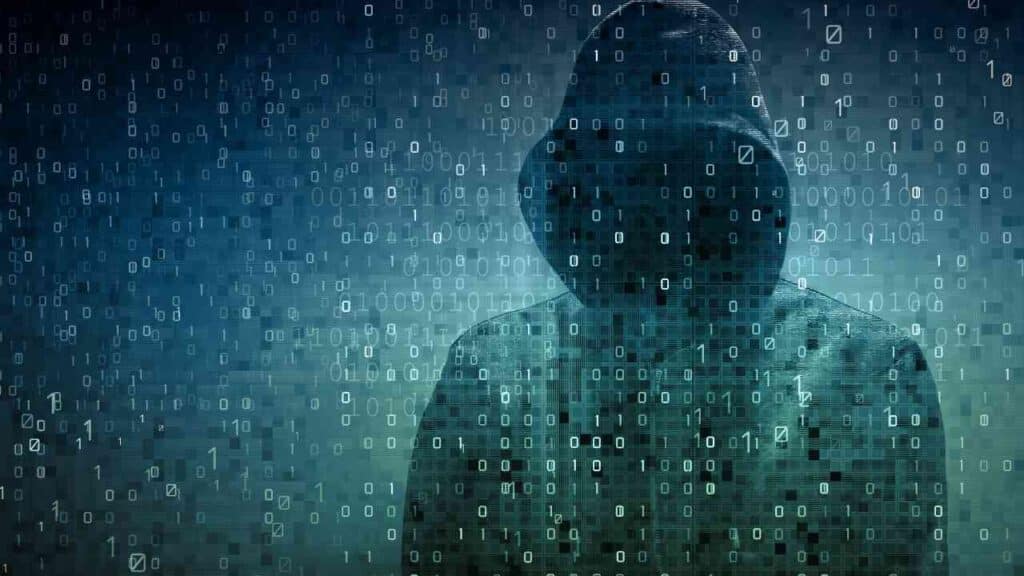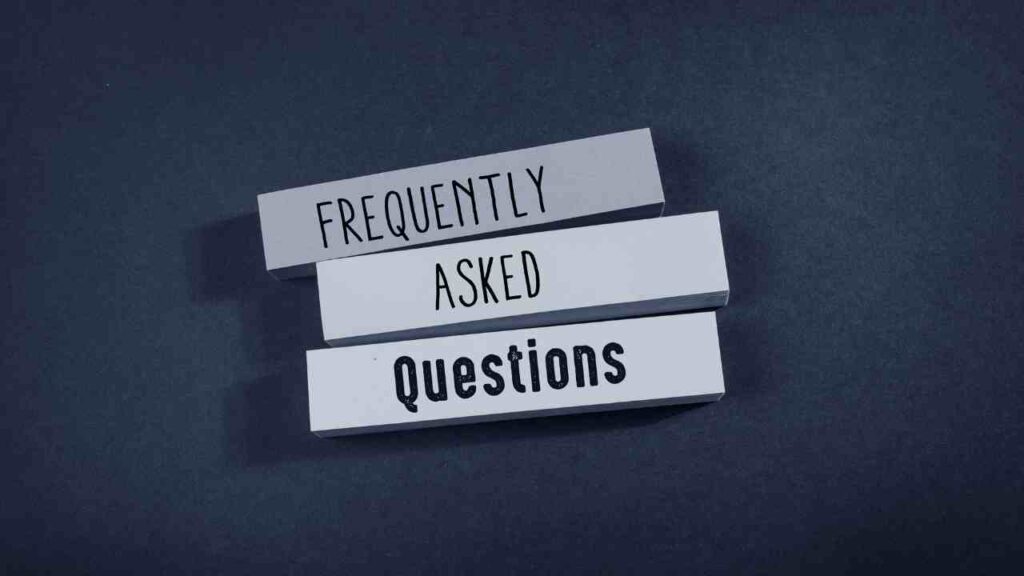Strengthening CRM Data and Transactions Security

Get Your FREE 14-Day Trial and Take Your Business To The Next Level with an All-In-One Sales and Marketing Platform for businesses, agencies and marketers.
In today’s digital age, customer relationship management (CRM) systems have become an integral part of businesses across various industries. These systems allow companies to effectively manage their interactions with customers, streamline sales processes, and improve overall customer satisfaction. However, with the increasing reliance on CRM systems, the need for robust data and transactions security has become paramount.
The Importance of CRM Data and Transactions Security
CRM systems store a wealth of sensitive information, including customer contact details, purchase history, and even financial data. This makes them an attractive target for cybercriminals who seek to exploit vulnerabilities and gain unauthorized access to valuable customer data. The consequences of a data breach can be severe, ranging from financial losses to reputational damage and legal repercussions.
Furthermore, CRM systems often handle transactions, such as processing payments or managing subscriptions. Ensuring the security of these transactions is crucial to protect both the business and its customers from fraudulent activities. By implementing robust security measures, businesses can instill trust in their customers and safeguard their sensitive information.
Common Security Risks in CRM Systems
Before delving into the strategies to strengthen CRM data and transactions security, it is essential to understand the common security risks associated with these systems:
- Data breaches: Unauthorized access to customer data can lead to identity theft, financial fraud, and other malicious activities.
- Phishing attacks: Cybercriminals may attempt to trick users into revealing their login credentials or other sensitive information through deceptive emails or websites.
- Malware and ransomware: CRM systems can be vulnerable to malware and ransomware attacks, which can compromise data integrity and availability.
- Insider threats: Employees with access to CRM systems may intentionally or unintentionally misuse or leak sensitive customer information.
Strategies to Strengthen CRM Data and Transactions Security
Implementing robust security measures is crucial to protect CRM data and transactions from potential threats. Here are some strategies that businesses can adopt:
1. Use Strong Authentication and Access Controls
Implementing strong authentication mechanisms, such as two-factor authentication (2FA), can significantly enhance the security of CRM systems. This ensures that even if an attacker obtains a user’s login credentials, they would still need an additional authentication factor to gain access. Additionally, businesses should enforce strict access controls, granting employees access only to the data and functionalities necessary for their roles.
2. Encrypt Data at Rest and in Transit
Encrypting CRM data both at rest and in transit is essential to protect it from unauthorized access. Data encryption ensures that even if an attacker gains access to the data, they cannot decipher it without the encryption key. Businesses should use strong encryption algorithms and regularly update encryption keys to maintain the integrity of the data.
3. Regularly Update and Patch CRM Systems
CRM system providers often release updates and patches to address security vulnerabilities and improve system performance. Businesses should regularly update their CRM systems to ensure they have the latest security enhancements. Additionally, implementing a robust patch management process helps mitigate the risk of exploitation through known vulnerabilities.
4. Conduct Regular Security Audits and Penetration Testing
Regular security audits and penetration testing can help identify vulnerabilities in CRM systems before they are exploited by malicious actors. These assessments should be conducted by qualified professionals who can simulate real-world attack scenarios and provide recommendations for improving system security.
5. Educate Employees on Security Best Practices
Employees play a crucial role in maintaining CRM data and transactions security. Businesses should provide comprehensive training on security best practices, including how to identify and report phishing attempts, the importance of strong passwords, and the risks associated with sharing sensitive information. Regular security awareness programs can help reinforce these practices and keep employees vigilant.
6. Implement Data Backup and Disaster Recovery Plans
Having robust data backup and disaster recovery plans in place is essential to mitigate the impact of potential data breaches or system failures. Regularly backing up CRM data and storing it securely offsite ensures that businesses can quickly recover from any data loss incidents. Additionally, testing the effectiveness of disaster recovery plans through simulated scenarios helps identify any weaknesses and allows for necessary improvements.
Case Study: Strengthening CRM Security at XYZ Corporation
XYZ Corporation, a leading e-commerce company, recently faced a significant security breach that compromised customer data stored in their CRM system. As a result, the company suffered reputational damage and financial losses. Determined to prevent such incidents in the future, XYZ Corporation implemented several security measures:
- Enforced two-factor authentication for all employees accessing the CRM system.
- Implemented end-to-end encryption for data at rest and in transit.
- Established a regular patch management process to ensure CRM systems were up to date.
- Conducted regular security audits and penetration testing to identify vulnerabilities.
- Provided comprehensive security training to all employees, emphasizing the importance of data protection.
- Implemented a robust data backup and disaster recovery plan.
These measures significantly strengthened the security of XYZ Corporation’s CRM system, instilling confidence in their customers and mitigating the risk of future data breaches.
Ensuring the security of CRM data and transactions is crucial for businesses to protect sensitive customer information and maintain trust. By implementing strong authentication mechanisms, encrypting data, regularly updating systems, conducting security audits, educating employees, and implementing data backup and disaster recovery plans, businesses can strengthen CRM security and mitigate potential risks. Remember to visit https://SaasExpert.ca – Your All-In-One Sales and Marketing Platform for small businesses, agency owners, and marketers.
Learn more about “Securely Storing CRM Data and Transactions” right here.
Frequently asked questions about Strengthening CRM Data and Transactions Security.

1️⃣ How can I ensure that my CRM data is encrypted? 🔐
Ah, encryption, the first line of defense! When you’re looking for a CRM, make sure it offers end-to-end encryption. This means that your data is encrypted not just when it’s stored but also when it’s transferred from one point to another. Look for platforms that use encryption standards like AES-256. 🌟 Also, make sure your CRM provider complies with data security regulations such as GDPR, CCPA, or whatever applies in your jurisdiction. It’s always a good idea to talk to a security expert to ensure you’re doing all you can to keep your data safe.
2️⃣ What backup features should a secure CRM system have? 💽
Backups are your safety net! 🎪 Ideally, your CRM should offer automated backups at regular intervals. Check if you can easily restore these backups in case of data loss or corruption. The backup data should also be encrypted and stored in a secure location. Some CRMs even offer real-time backup, which is fantastic for businesses that can’t afford to lose even a second’s worth of data.
3️⃣ How do I manage user access to keep my CRM data secure? 🛂
Great question! Role-based access control (RBAC) is your friend here. 👫 With RBAC, you can assign specific data access levels to different users based on their roles in the company. For example, a sales rep might not need access to financial records, so their account should be restricted accordingly. Make sure your CRM allows you to easily manage and update these settings. Also, use strong, unique passwords and enable two-factor authentication (2FA) whenever possible.
4️⃣ Is cloud storage for CRM data safe? ☁️
Cloud storage has come a long way and is generally secure if you’re using a reputable CRM provider. However, you should still do your due diligence. 😇 Look into how your CRM provider safeguards data in the cloud, and ensure they use secure and encrypted connections. Also, check if they comply with security certifications and audits like SOC 2 Type II. But remember, even the most secure cloud storage isn’t foolproof, so always have a backup strategy in place.
5️⃣ Can I use a VPN with my CRM system for added security? 🌐
Absolutely, a VPN can add an extra layer of security. Using a VPN encrypts the data coming from your device to the CRM system, making it more difficult for cybercriminals to intercept it. 🛡️ Just make sure that your VPN doesn’t slow down your CRM system’s performance. You’ll need a reliable and fast VPN service that doesn’t interfere with the data transfer speeds between you and your CRM system.
- crm
- customer relationship management
- Strengthening CRM Data and Transactions Security
- What is CRM Software?






